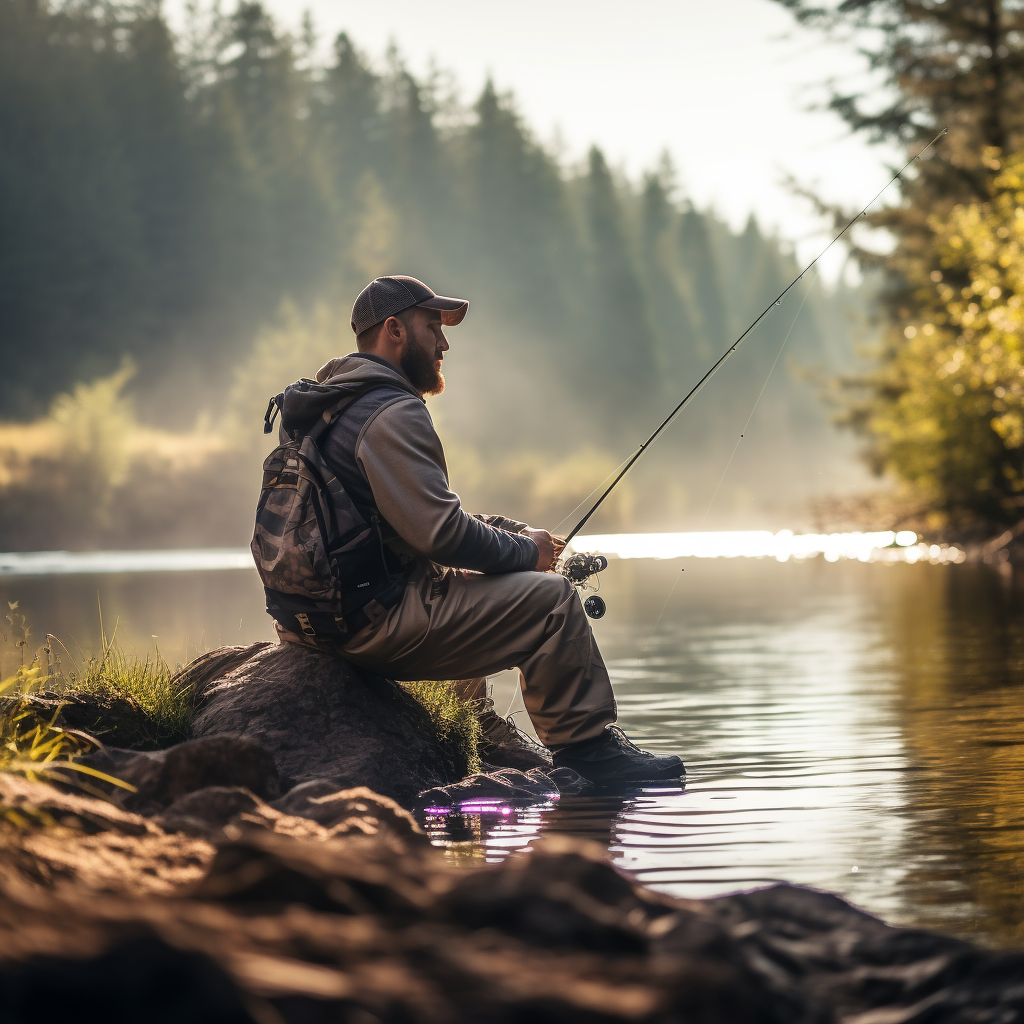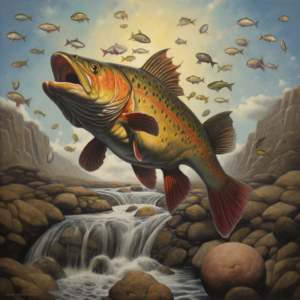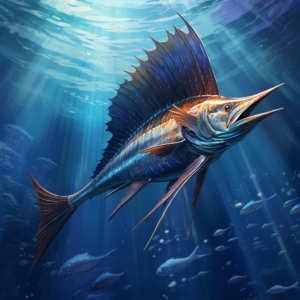Understanding the Importance of Sustainable Fishing
1. Preserving Biodiversity
– Balanced Ecosystem: Sustainable fishing helps maintain a balanced ecosystem, ensuring the survival of various fish species.
– Preventing Overfishing: By preventing overfishing, we can ensure that fish populations thrive, offering a rich and diverse aquatic life.
2. Protecting Habitats
– Conservation of Habitats: Adopting sustainable practices helps in the conservation of vital aquatic habitats.
– Preventing Pollution: Sustainable fishing also entails preventing pollution, which can have detrimental effects on water bodies.
Guidelines for Sustainable Fishing: Tips for Freshwater Anglers
1. Adhering to Regulations
– Fishing Licenses: Ensure that you have the necessary fishing licenses, which contribute to conservation efforts.
– Size and Bag Limits: Adhere to the size and bag limits set by the authorities to prevent overfishing.
2. Practicing Catch and Release
– Proper Handling: Learn the proper handling techniques to ensure the survival of released fish.
– Using Appropriate Gear: Use gear that minimizes harm, including circle hooks and barbless hooks.
3. Protecting the Environment
– Litter-Free: Commit to a litter-free fishing experience by disposing of trash properly.
– Natural Baits: Prefer natural baits over plastic lures to prevent pollution.
Enhancing Your Sustainable Fishing Journey: Additional Tips
1. Educating Others
– Sharing Knowledge: Share your knowledge about sustainable fishing with fellow anglers, fostering a community of responsible fishermen.
– Participating in Workshops: Participate in workshops and seminars to stay updated on the latest sustainable fishing practices.
2. Contributing to Conservation
– Volunteering: Volunteer for conservation projects, contributing to the preservation of aquatic ecosystems.
– Supporting Organizations: Support organizations that work towards the conservation of water bodies and fish species.




